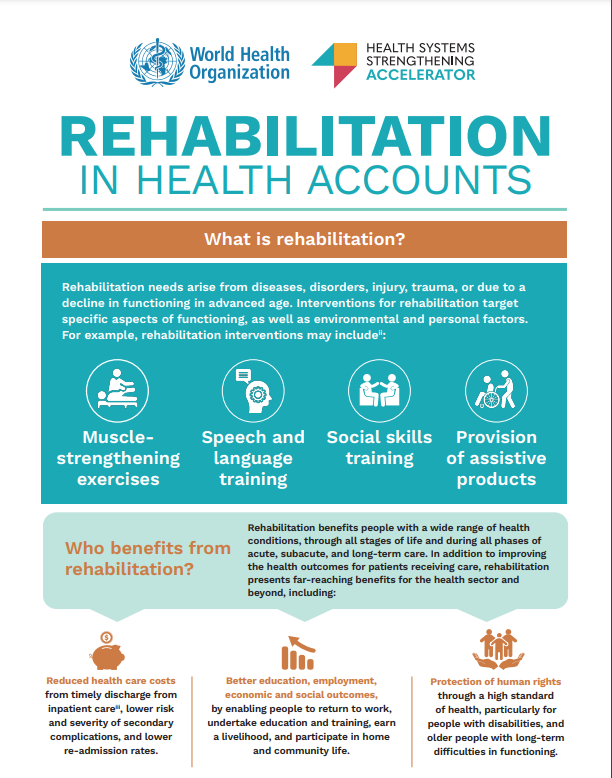How Narconon Africa can Save You Time, Stress, and Money.
How Narconon Africa can Save You Time, Stress, and Money.
Blog Article
What Does Narconon Africa Do?
Table of ContentsThe Facts About Narconon Africa RevealedThe 5-Second Trick For Narconon AfricaTop Guidelines Of Narconon AfricaThe 10-Second Trick For Narconon AfricaThe Facts About Narconon Africa UncoveredThe Ultimate Guide To Narconon Africa6 Simple Techniques For Narconon Africa
In a collection of papers with Manudeep Bhuller and Katrine V. Lken, we conquer these information obstacles and the nonrandomness of imprisonment, providing brand-new insights right into how imprisonment affects recidivism, work, children, and criminal networks - Rehabilitation facility Joburg. Figure 1 Our job research studies the impacts of incarceration in Norway, a setup with 2 vital advantagesWe can even more link this details to other household members, including youngsters and siblings. Furthermore, we have details on co-offending that enables us to draw up criminal networks for observed criminal activities. Second, we can leverage the arbitrary project of criminal instances to courts that vary in their propensities to send offenders to prison.
Some judges send defendants to jail at a high rate, while others are extra lenient. We determine a judge's stringency as the average incarceration rate for all other situations a judge deals with, after regulating for court and year fixed effects, which is the level of random project. This quasi-random project of judge stringency can be utilized as a tool for incarceration, as it highly anticipates the court's choice in the current situation, however is uncorrelated with various other case features both deliberately and empirically.
The 10-Minute Rule for Narconon Africa
Attributes of detainees, consisting of demographics and criminal offense groups, are extensively similar in Norway and various other nations, including the United States, with the exceptions that the United States murder price is much higher, and race plays a bigger role there. What stands apart as different, particularly compared with the United States, is the prison system.
Figure 2In Norway, the average time spent behind bars is a little over 6 months, which resembles most various other Western European nations. This contrasts with typical US jail time of almost three years, which is in huge part the factor the United States is an outlier in its imprisonment rate contrasted with the remainder of the globe [Number 1]
Some Known Questions About Narconon Africa.
This supplies much more splitting up in between small and hardened bad guys than exists in the United States. There is no congestion in Norwegian prisons and much better personal safety and security, with each prisoner being assigned to their very own cell and a greater inmate-to-staff proportion than in the USA (https://narcononza12.blog.ss-blog.jp/2024-06-05?1717585776). Prisons in Norway also provide well-funded education and learning, medicine therapy, mental health, and task training programs
Our research on the results of incarceration on the culprit, utilizing the random task of judges as a tool, returns 3 vital findings. Jail time inhibits further criminal actions. We locate that imprisonment lowers the probability that an individual will reoffend within 5 years by 27 percentage factors and minimizes the matching number of criminal costs per individual by 10 fees.
A Biased View of Narconon Africa
We discover substantial reductions in reoffending probabilities and cumulative charged criminal offenses even after offenders are released from jail. Our second outcome is that prejudice as a result of selection on unobservable private attributes, if neglected, leads to the wrong verdict that time spent behind bars is criminogenic. If we simply contrast criminal offenders sent to prison versus those not sent out to prison, we discover favorable associations between imprisonment and subsequent criminal activity.
This stands in comparison to our analysis based on the random job of courts, which discovers an opposite-signed result. you can try this out Third, the reduction in crime is driven by individuals that were not working prior to imprisonment. Among these people, jail time raises involvement in programs guided at boosting employability and lowering regression, and this ultimately raises work and earnings while discouraging criminal actions.

Imprisonment causes a 34 percent factor increase in participation in task training programs for the formerly nonemployed, and within 5 years their employment rate increases by 40 percentage points. At the same time, the likelihood of reoffending within five years is cut by 46 percentage factors, and there is a decline of 22 in the ordinary variety of criminal costs.
Narconon Africa - Questions

A plausible description for the difference is that Norway's prison system varies considerably, both in regards to prison-term size and prison conditions, from the United States jail system. While comprehending the impacts of imprisonment on the transgressor is a vital initial step, catching spillover effects is also crucial for examining criminal justice policy and developing efficient prison systems.
Rumored Buzz on Narconon Africa

Ordinary the very least squares approximates disclose that youngsters of incarcerated papas are 1 portion factor much more most likely to be charged with a crime, about a mean of 13 percent, and reveal no impact on institution grades. Using our court stringency instrument, we find no statistical evidence that a daddy's imprisonment impacts a kid's very own criminal offense or institution grades, yet we are not able to dismiss modest-sized impacts.
3 Easy Facts About Narconon Africa Described
We specify criminal teams based upon network links to prior criminal instances. Our analysis yields 3 major searchings for. When a criminal network member is jailed, their peers' possibility of being billed with a future criminal offense decreases by 51 percentage factors over the following four years. Having an older brother incarcerated decreases the likelihood his younger bro will certainly be charged with a criminal activity by 32 portion factors over the next four years.
Report this page